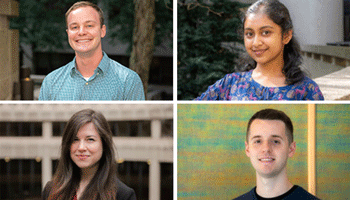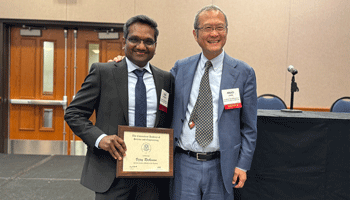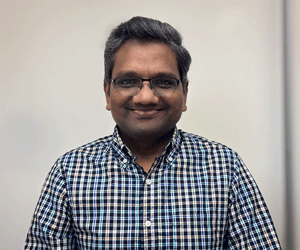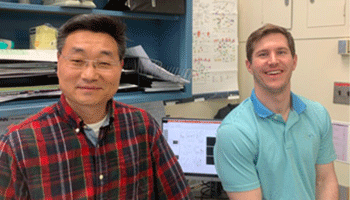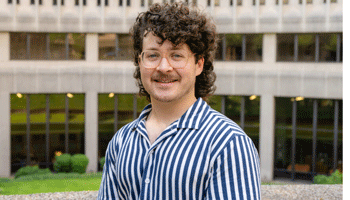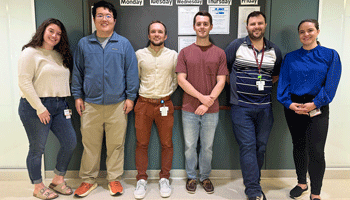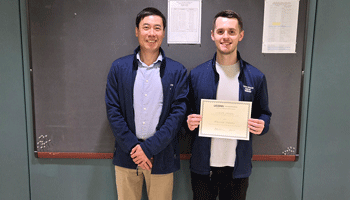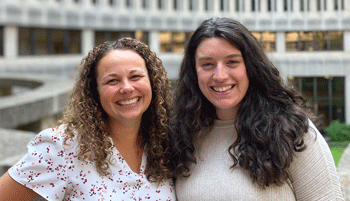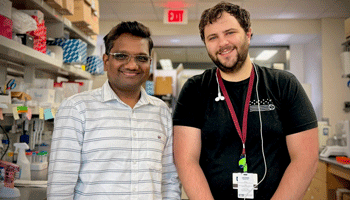Jason Cahoon (P. Wang Lab), Aadrita Hazra (Vanaja Lab), Eileen Theune (K. Wang Lab), and William Theune (K. Wang Lab) were selected to receive the AAI Trainee Abstract Award and were invited to give oral presentations at the Block Symposiums at IMMUNOLOGY2025TM in Honolulu, HI.
